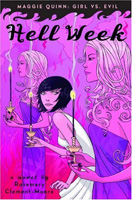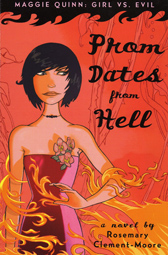This was one of Heinlein’s juvenile books from the 1950s. It’s the tale of a young slave, Thorby, rise from the very bottom of society – a beggar’s slave – to the pinnacle of corporate wealth and power. I confess my motivation for reading this was that someone compared a bit of my own work to it, so I thought I would go check it out. I hadn’t read any Heinlein in perhaps 20 years, so I figured it was time to look again.
It was okay. Mostly, it simply didn’t age well. Maybe it was that it had been written as juvenile, which back in the 1950s was aimed quite a bit lower than today’s Young Adult fiction, or maybe it was merely that SF and narrative styles have changed a lot in 60 years. There were a number of sociological ideas that were belabored in a “Hey, look at my cool idea” way. That was fairly common in the early love affair between science fiction and libertarianism, but it’s kind of dated now. Also, the narrative style was a somewhat clutzy omniscient POV, which has fallen out of favor in the last few decades. As such, it robbed the story of the kind of punch-in-the-gut immediacy that I’ve come to enjoy in current fiction.
Nonetheless, it painted a broad canvas for humanity, and took our young Thorby through quite a bit of it. It did, however, end on something of a cliffhanger. Sure, things are more or less resolved, but there’s this big, fat challenge sitting out in front of our hero, and then the tale ends. As far as I know, he did not write a sequel, so it’s just left hanging.
So, I think that for its intended audience of kids in the 1950s, it was spot-on. Today, less so.








